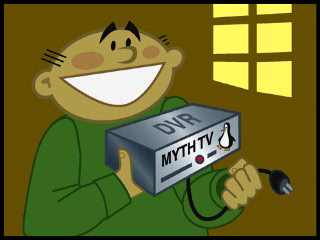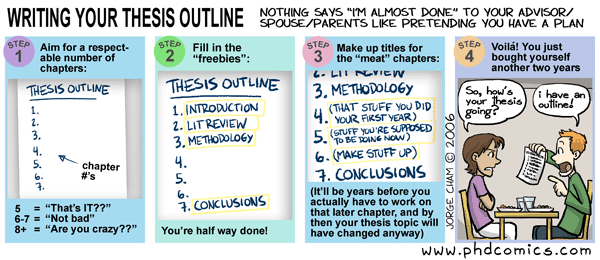IQ Test
I had no idea what an IQ test is like. I had never taken one before. I was kind of interested to see what I would score one, and what kind of questions are asked. I was hoping I would be above average on an IQ test. I found a test to take on a web site that consists of about 40 or 50 questions. I ended up scoring a 124 on the test. According to another site that I read, a 124 is around the 90th percentile. I could kind of see how some people say that the test is unfair. It seems like a person score would be influenced by their eduaction and the type of classes they have taken. Many of the questions seemed to focus on patterns, permutations, and series of letters or numbers. I'm a computer science student, so it is probably easier for me to determine the answers for that type of question. Also, I think more than 40 or 50 questions should be used to determine a person's IQ.
I think I may try to find a few more of IQ tests to take. I think I could probably score better on one when I am not tired (i.e., if I didn't take the test at 3:00 AM). I should have also read the rules for the test. I'm not sure how much time I had to answer the questions. I tried to answer the questions as fast as I could. If thought some of the questions out better I could have maybe received a higher score. Although, I took a personality test about a week ago and I found two other test to take after that and I always received the same results.





 Site Feed
Site Feed



